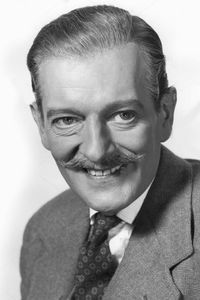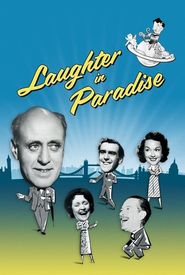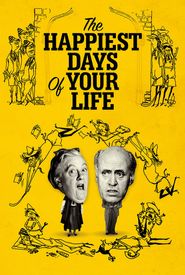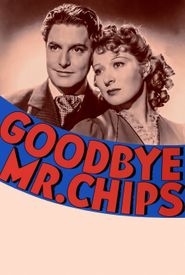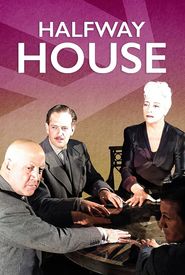British character actor, renowned for his lean and jaunty demeanor, distinctive military-style moustache, and effortless charm, spent over three decades perfecting his craft, specializing in portraying dapper scoundrels, philanderers, dissipated bon vivants, and con artists. Born in Hove, East Sussex, he initially worked on the London stock exchange for two years before making the transition to acting.
His stage career began in 1928, where he was initially typecast as outright villains. However, he landed his first notable role in the George Formby musical comedy "Keep Fit" in 1937, which established his typical screen persona. He then played the role of Brian Curtis in Terence Rattigan's "French Without Tears" in 1940, having previously appeared in the original London stage production in November 1936.
Middleton's personal life was marked by his lady-killer image, as he was involved with the wife of co-star Rex Harrison, who himself was known for his extra-marital affairs. On screen, he excelled in playing raffish playboys, silly-asses, jolly RAF-types, or shady double-dealers during the 1940s and 1950s.
Some of his notable roles include Fogroy in "Notorious Gentleman" (1945),debonair games master Victor Hyde-Brown in "The Happiest Days of Your Life" (1950),womanizing cad Simon Russell in "Laughter in Paradise" (1951),and Victor Manifold in "Young Wives' Tale" (1951). He was also the initial choice for the part of Amrose Claverhouse in the film "Genevieve" (1953) but lost out to Kenneth More.
Middleton's television career included partnering Hylda Baker in drag as "Cynthia" in the stand-up comedy show "Be Soon" (1957). His final notable role was as a senior general in Richard Attenborough's "Oh! What a Lovely War" (1969). He retired in 1970 and passed away three years later at the age of 66.
